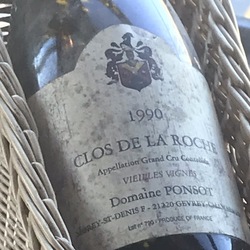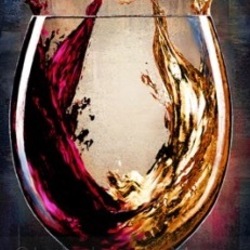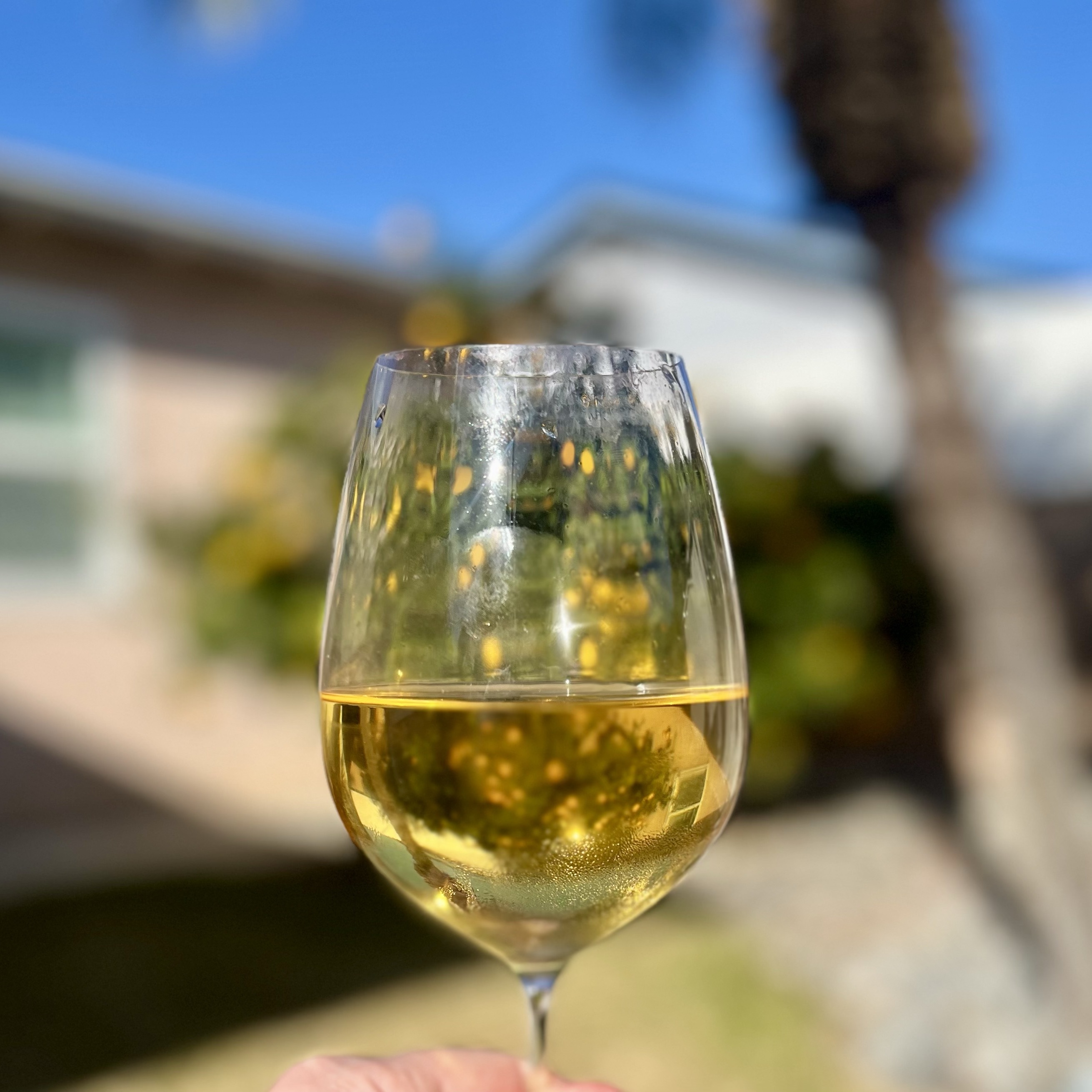Château Segur De Cabanac
Château Roc de Segur
Red Bordeaux Blend 2010
Still drinking nicely — 10 months ago
Château Phélan Ségur
Le Rosé de Phélan Segur Bordeaux Rosé 2003
Amazing wine — 6 years ago
Château Palmer
Margaux Red Bordeaux Blend 1955
Tasted blind. Tawny color, translucent with amber rims. Notes of black cherry, cedar, some spice and a little barnyard floor. Sweet fruit in the mouth, with tannins fully resolved. Guessed 1955 Calon Segur. Perfect looking bottle, the cork revealed this bottle was reconditioned by the Chateau in 2000. — 7 years ago
Kelly Fleming Wines
Estate Grown Cabernet Sauvignon 2016
This was the WOFTN. Even better than the 03 Calon-Segur & 21 Lithology, but the Lithology had been open a week in the cooler. Still good just not its true self.
The winemakers for the 2016 Kelly Fleming Cabernet Sauvignon were Rebecca George and Françoise Peschon. Rebecca George was the day-to-day winemaker, and Françoise Peschon, consulting Winemaker.
Photo features their new consulting Winemaker, Jennifer Williams as if 7/23. — 2 months ago
Château Capbern-Gasqueton
Saint-Estèphe Red Bordeaux Blend 2009
Great value at $50.00 from K&L
Web notes,
The owner of this Chateau, Calon Segur takes some of it name Calon from the word 'calones' which were small transport skiffs that used to haul goods up and down the Gironde river. Back then boats were the best mode of conveyancing wine plus preferable to the reluctant donkey and other landlubbing transports. This fact is a big reason for this region's long successful trading history. Much to the dismay of more land locked wine making regions, Bordeaux enjoyed direct access to the water. Happily shipping great wines such as Chateau Capburn Gasqueton for centuries. As this red wine was transported away from the port, the owners would farewell it's strawberry and raspberry driven fruit flavours bound for distant thirsty lands. It's beautiful chalky tannins and fine oak would be missed as they were well on the way to our store's shelves, cellars and tummies. Hence raise a big cheers to the diminutive but very essential Calons! (And amazing value Bordeaux reds)
Chateau Capburn Gasqueton is situated in St Estephe, on the left bank of Bordeaux, France. Grapes have been grown on the property's grounds since the 12th century. However, the 18th century saw it's elevation into quality wine production when Nicolas-Alexandre, owner of Latour, Lafite and Mouton bought the Chateau along with Chateau Calon Segur. From 1894 to 2012 the Gasqueton family owned the Chateau - producing wines of great finesse and elegance. In 2013 the French insurance company Suravenir bought Chateau. Since then they have heavily invested in upgrading the estate whilst ensuring they preserve this historic and treasured wine producer. Its vineyard comprises of 62% Cabernet, 37% Merlot and a petite drop of 1% Petite Verdot! — 3 years ago
Château Segur de Cabanac
St. Estèphe Red Bordeaux Blend 2010
fantastic wine from a great vintage. drinking beautifully. — 3 months ago
Chateau La Tour de Segur
Lussac-St. Émilion Red Bordeaux Blend 2014
Goes well with pizza. Vanilla and chocolate mixed. Veryyyy smooth. — 5 months ago
Château Capbern
St. Estèphe Red Bordeaux Blend 2013
Dark red purple. Inviting nose of black berry and black currant. Echoed on the medium full palate with hints of graphite and patent leather. Medium non-assertive tannins most present on the back palate leads to the medium long finish. Medium acidity and silky oak makes this second label a nice entry point into Bordeaux for the New World enthusiast. Fine cuts of beef with Bordelaise is a natural of course. Drink now through 2028 while waiting for Calon-Segur to ripen. — 4 years ago
Château Calon-Ségur
Le Marquis Saint-Estèphe Red Bordeaux Blend 2014
I'm an big fan of Calon Segur, and now too of their second wine. An open and giving wine, it combines plum, blueberry, chocolate box, leather, tobacco, spice in a generous style. Decent grip from thanking and a soft velvet structure make for an enjoyable experience where one sip easily follows with the next. — 7 years ago









Somm David T
Independent Sommelier/Wine Educator
In typical Calon-Segur fashion, still kinda of a baby. Nice evolution but plenty of life left in this warm vintage Calon-Segur. — 2 months ago